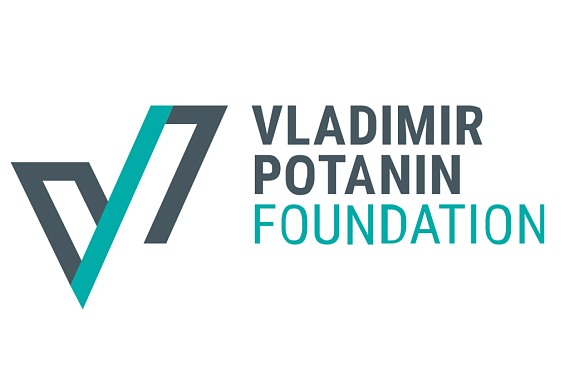MASU students and lecturers win the Vladimir Potanin Foundation's scholarship and grants
Lecturers and students of Murmansk Arctic State University have won the grant and scholarship competitions organized by the Vladimir Potanin Foundation.
This year, Elena Nikolaeva, a Master student of Apatity branch, and Yulia Ozhog, a Master student of Psychology and Pedagogy Institute, received the Foundation's scholarship.
Both students have successfully passed all the competition's rounds. During the first round, the judges reviewed the student's credentials and achievements, social and scientific activity, as well as essays regarding students' master thesis. During the final round, Yulia and Elena participated in business simulation games, solved thematic cases both individually and in teams. In total, 2000 students, selected from 6000 applicants, competed in the final stage of the competition.
The winners of the competition will receive a monthly scholarship of 25 000 rubles until their graduation.
Last year, Vyacheslav Gazizov of Humanities and Social Studies Institute and Anna Shutova of Psychology and Pedagogy Institute successfully completed all the competition's rounds and got the scholarship.
Alongside with students, three MASU lecturers have won the Master's Degree Course competition: Elena Tereshchenko, Head of Arts and Design Department, Elena Aleksandrova, Associate Professor of Modern Languages Department, and Viktor Nikolaev, Associate Professor of Physics, Biology and Engineering Technologies Department (Apatity branch).
Each lecturer will receive 150 000 rubles for their projects focused on designing new MA educational programmes or courses, as well as introducing innovative teaching techniques.
Elena Tereshchenko plans to publish an e-textbook 'The Arctic cultural space: research and design methods', which will present the latest results of the research on the Arctic cultural space.
'With the help of this project, we plan to integrate into the educational process new empiric data that is still insufficiently presented in a popular science format. Thus, it will be easier to develop interregional and Arctic-oriented educational programmes,' commented Elena.' In the practical part of the course we can suggest ideas for research and projects, describe the examples of environmental design, as well as pitch ideas for solo work. All of this will be possible through the big amount of illustrations, figures, and links to various projects.'
As for the second project, Elena Aleksandrova will focus on designing a ground-breaking audio description course based on the best national and world practices. The project aims to solve the problem of specialists' shortage in creating accessible media content for blind and visually impaired people.
'Russia has a large number of people with visual impairments. This nation-wide problem becomes more relevant in the context of the world around us becoming more visual: everyday communication comes down to exchange of texts containing visual types of information, such as photos, sculptures, films, educational TV shows, circus performances or educational video games,' commented Elena.' That is why training media accessibility specialists is the key aspect of improving the quality of both the life and the information that people are receiving, as well as increasing the access to information for people with visual impairments.'
As part of the third project, Viktor Nikolaev intends to create a new MA course 'The final stage of nuclear fuel cycle'. The course will feature a series of lectures and lab-based works about existing and perspective approaches to decommissioning, radioactive wastes and spent fuel management, as well as modelling thermophysical processes in spent nuclear fuel with various options for its disposal.
'The concept of the course is based on data obtained during the study of nuclear power facilities in Russia and Germany,' explained Viktor.' Such a concept allows students to develop skills necessary in this field of science, which is nuclear power facilities, ice breaking fleet and military facilities, as well as spent fuel and radioactive waste management.'
Last year, lecturers of Linguistics Institute representing Philology, Media and Communications Department received the grant of 500 000 rubles for creating a Sami language preservation course.
As a rule, only lecturers and students of universities acknowledged by the Foundation can participate in the scholarship program. The list of universities is based on the annual ranking held by the Foundation. Murmansk Arctic State University is currently ranked 44 out of 76 universities in the rating.

